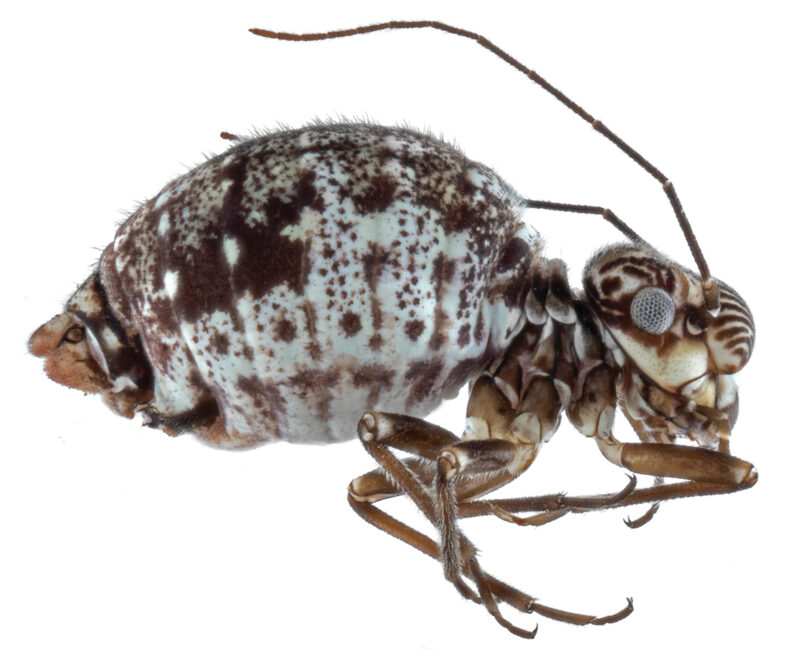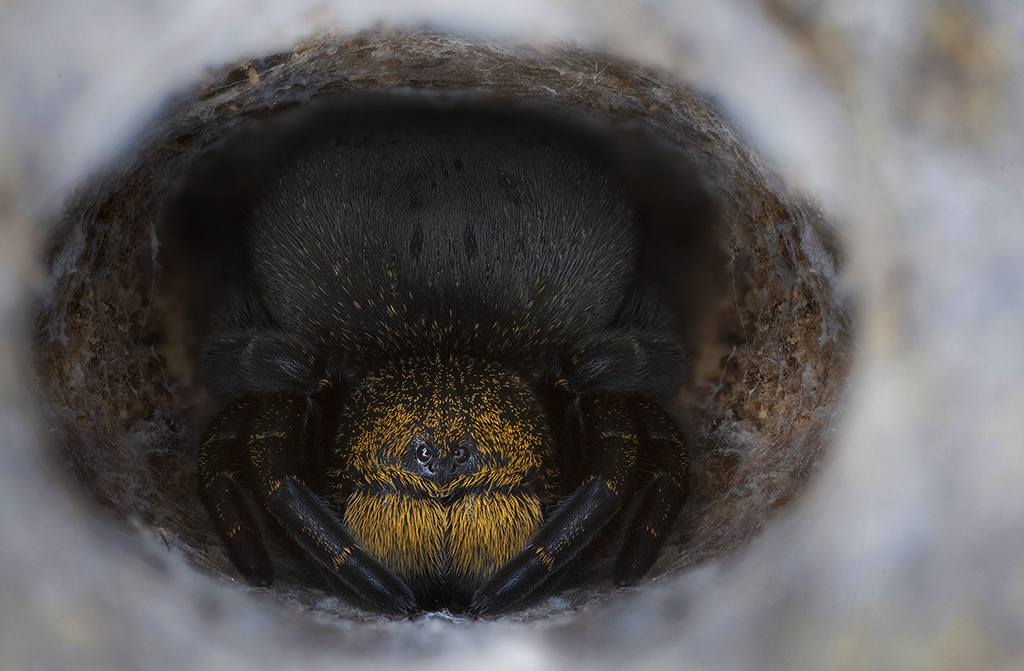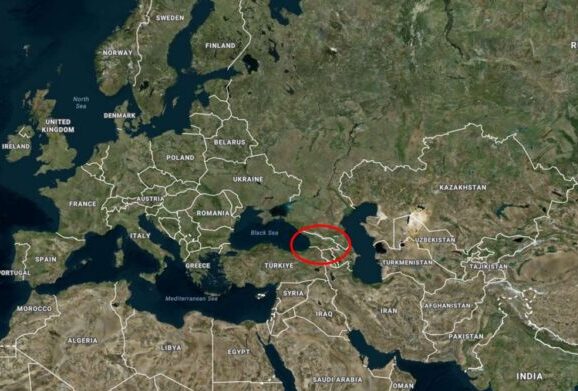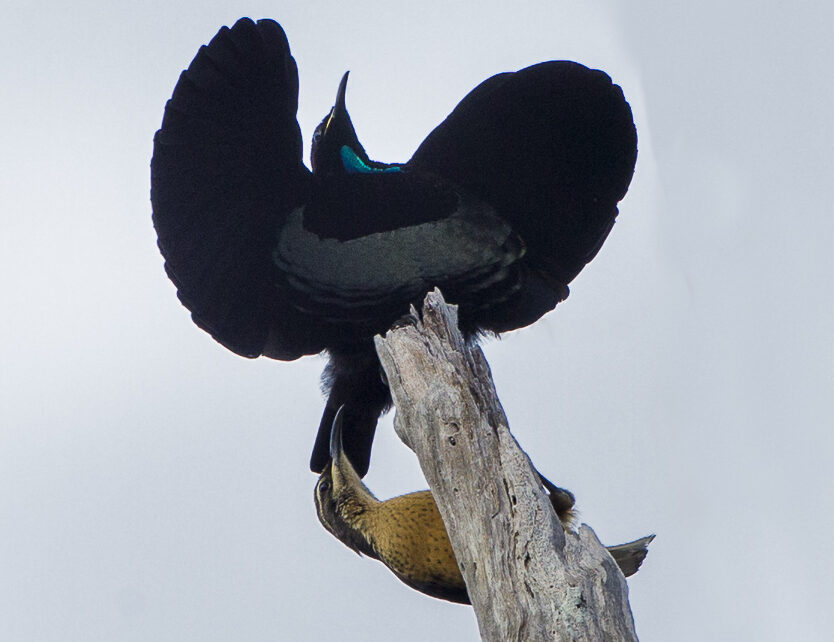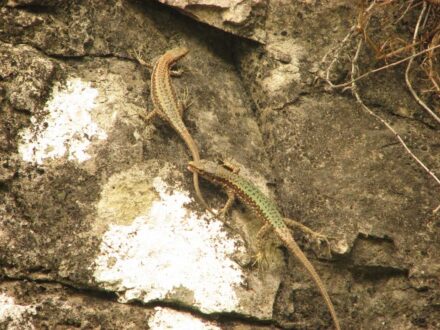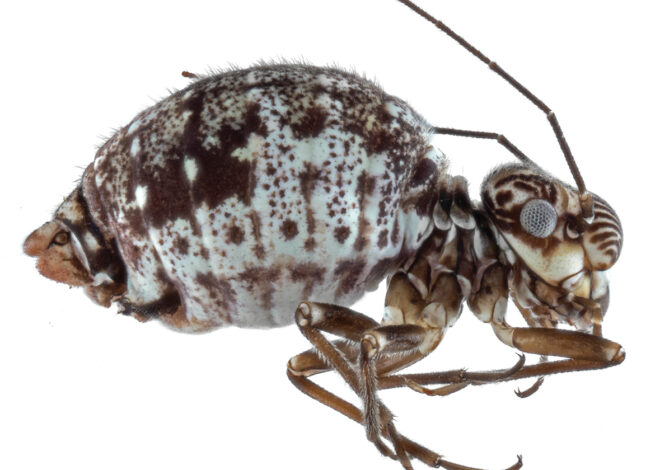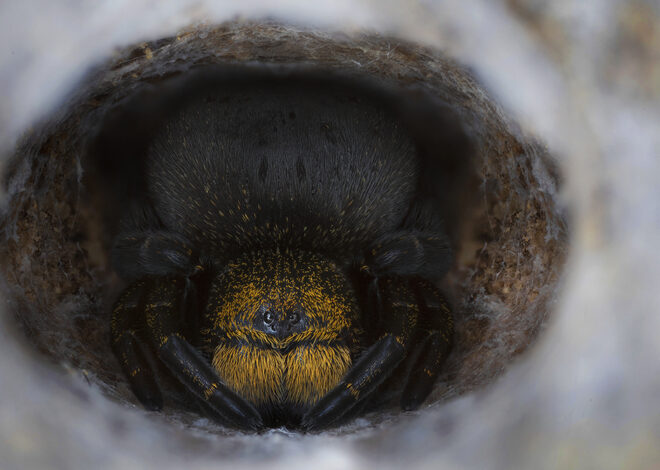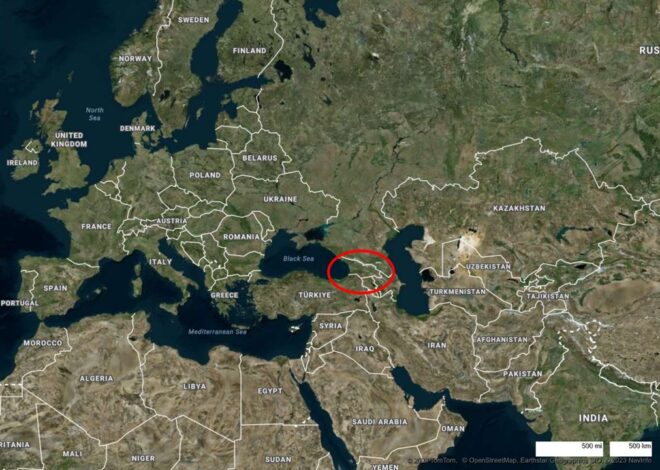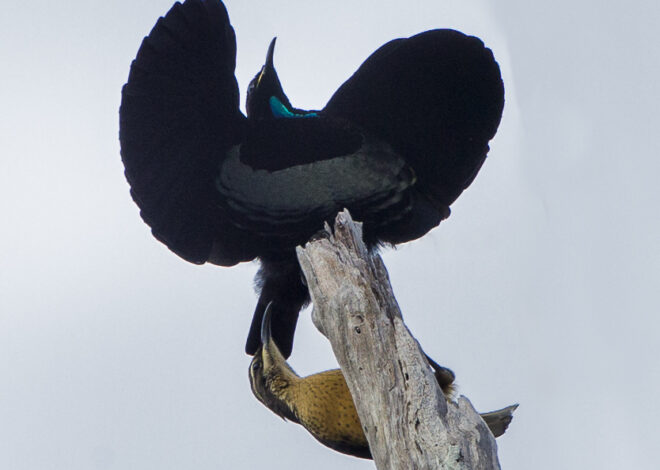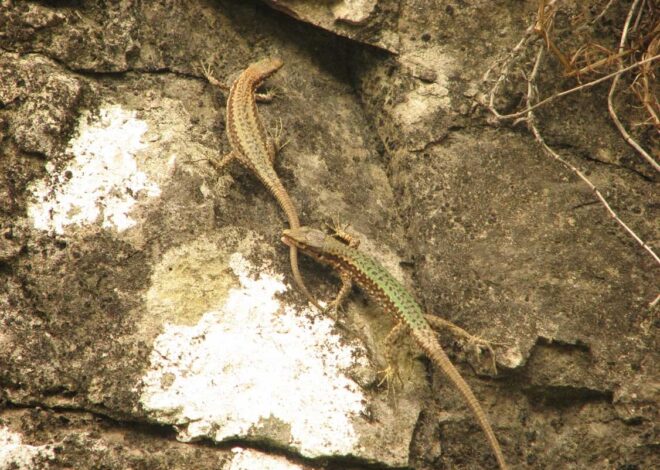Lice that don’t bite
Psocoptera, known as the booklice and barklice, is an order of hemimetabolous insects having approximately 6000 described species worldwide, often regarded as the most primitive “bugs” alive today. Despite being the closest relatives to the well-known bloodsucking true lice, barklice are not parasites, instead, they are free-living, generally herbivorous or detritivorous insects, feeding on organic […]
“Who Cares?: World’s Best Mothers”
Parental care has independently evolved across various taxonomic groups in the animal kingdom, prompting the question of why it emerges in certain species and not others. While providing parental care incurs costs for the parent, it generally yields benefits for the offspring, such as enhanced survival rate, growth, and reproductive success. Contrary to popular expectations, […]
Georgia, the Caucasus: an ethnobiological treasure
Ethnobiology. Ethnobiology is a relatively young but fast-growing interdisciplinary field of science. The Society of Ethnobiology defines it as a ‘study of dynamic relationships among humans, biota and environments.’ Ethnobiologists can pursue more than one aim. The most important, and I hope many of my colleagues will agree, is that the tradition of interaction with […]
Sex and Reproduction: Why Do Males Exist?
We know that there must be individuals of two sexes for successful reproduction. However, this is by no means a universal rule. So why did nature create sexual reproduction? Reproduction in nature is associated with mating of individuals of two sexes. Mammals, birds, reptiles, fish, insects, and spiders have males that fertilize females of the […]
Mountains and diversity: why are there so many lizard species in the Caucasus?
Were Charles Darwin and Ernst Mayr correct? A recent study of a diverse lizard genus suggests they were. Charles Darwin first wrote that geographic isolation is an essential precondition of natural selection; he exemplified the pattern with famous Galapagos finches. He supposed that the one finch species had once expanded through the islands of the […]

